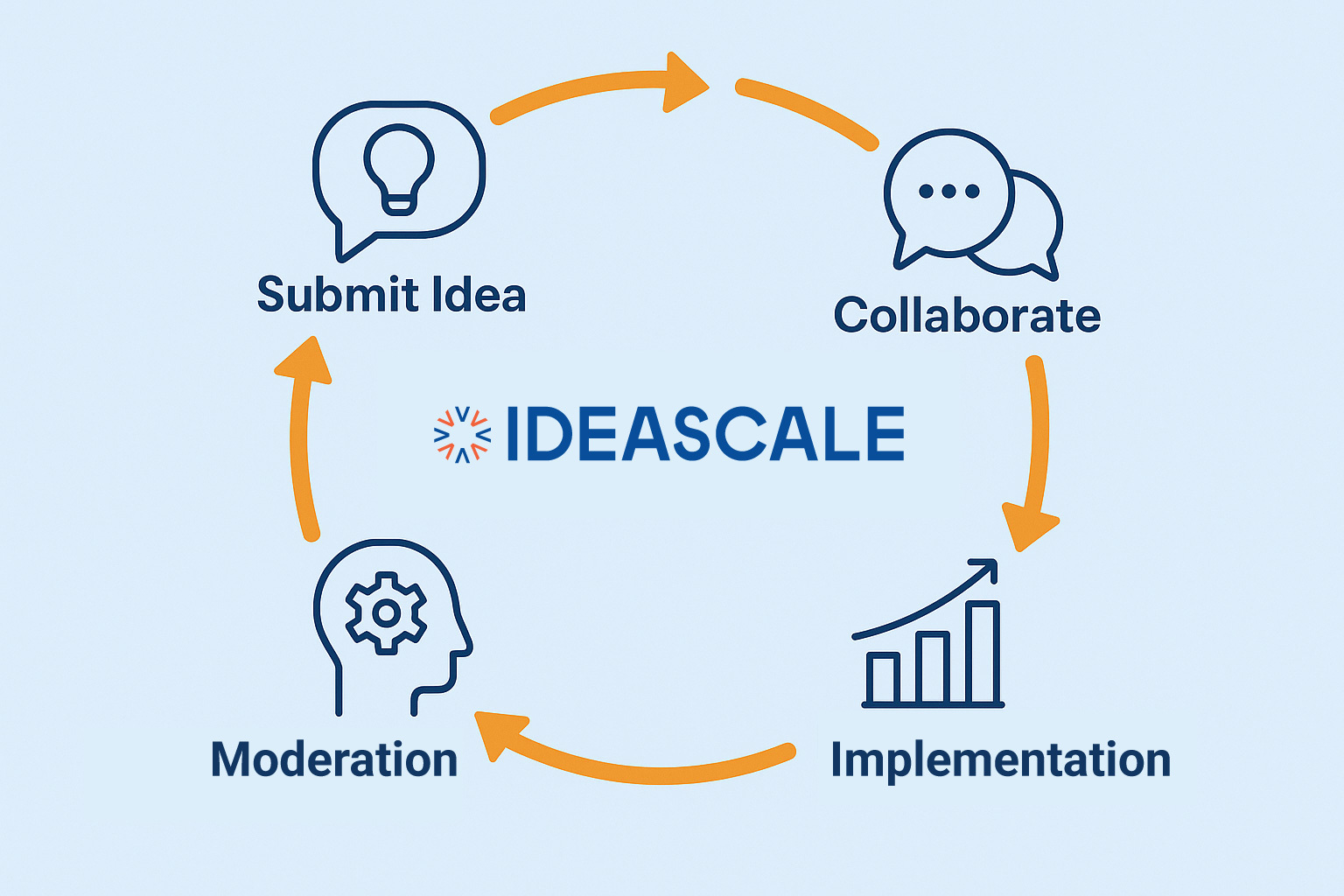An innovation culture adds value to an organization. Leaders and employees want to create an environment where they can freely share ideas, collaborate, and experiment.
Though creating this type of culture may sound simple, it often is not. Idea sharing and collaboration are fun aspects of innovation, but there is another side that must be present to succeed. Rather than fostering a spirit of “anything goes,” a truly innovative corporate culture also applies a disciplined approach to innovation.
Innovation research shows 84 percent of executives agree innovative thinking is important to organizational growth. As a result, many businesses are assembling innovation leadership teams to carry out these processes.
Leaders and employees must practice strict discipline to achieve success when cultivating and implementing new ideas. Once the initial brainstorming takes place, these ideas must be sifted through and prioritized correctly to figure out what will work best.
Collaboration requires accountability. Strong leadership is needed to ensure sustainability moving forward.
Tolerance for Failure
Innovation leadership involves uncertainty. Navigating new terrain can be challenging, but is also often rewarding. A tolerance for failure is needed to foster an innovative culture. It allows you to try new things and target specific market sectors.
High-performance standards are needed to create talented teams. Risky ideas can turn into learning opportunities, but only if strong technical abilities, good work habits, and critical thinking skills are also present.
Business innovation research reveals only six percent of executives are happy with innovation performance. As an organization gets larger, the returns become marginal. Leaders find it more difficult to manage risk as the company continues to grow.
When employees do not meet expectations, they are often laid off or moved into other positions that better fit their skill sets. These expectations should be clearly communicated so all team members understand their roles and responsibilities. Should a failure occur, they will be better equipped to shift focus to the aspects that did work and create new opportunities for success.
Commitment to Experimentation
Experimentation brings about uncertainty, but it also answers many important questions. Rather than producing a product or service that is immediately marketable, many organization leaders allow teams to explore the best options for addressing customer needs.
Discipline is needed to cultivate carefully selected experimentation. This is often based on potential value. Well-thought-out experiments are designed to produce optimal information relative to cost.
Collaboration with Accountability
Innovation leadership requires information, input, and effort. All team members must contribute to the collaboration process.
Creativity helps form new ideas and strategies. A collaborative culture requires help from others who may or may not be in the same department of the organization.
A collective sense of responsibility forms through these collaborative efforts. Each team member is accountable for making individual decisions that ultimately lead to a final determination. Leaders can encourage team members to be accountable by publicly accepting responsibility even when there is personal risk involved.
Are you looking for the right tools for creating a culture of innovation? Request a demo today!
Most Recent Posts
Explore the latest innovation insights and trends with our recent blog posts.













